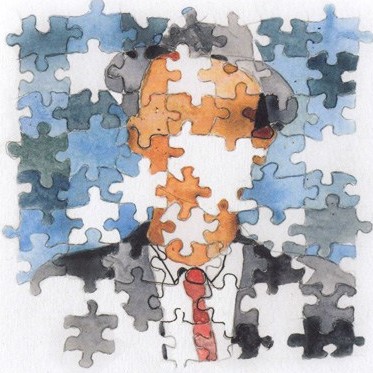To provide the best experiences, we use technologies like cookies to store and/or access device information. Consenting to these technologies will allow us to process data such as browsing behaviour or unique IDs on this site. Not consenting or withdrawing consent, may adversely affect certain features and functions.
The technical storage or access is strictly necessary for the legitimate purpose of enabling the use of a specific service explicitly requested by the subscriber or user, or for the sole purpose of carrying out the transmission of a communication over an electronic communications network.
The technical storage or access is necessary for the legitimate purpose of storing preferences that are not requested by the subscriber or user.
The technical storage or access that is used exclusively for statistical purposes.
The technical storage or access that is used exclusively for anonymous statistical purposes. Without a subpoena, voluntary compliance on the part of your Internet Service Provider, or additional records from a third party, information stored or retrieved for this purpose alone cannot usually be used to identify you.
The technical storage or access is required to create user profiles to send advertising, or to track the user on a website or across several websites for similar marketing purposes.
 A new report from Oxford Economics (registration) predicts that the present slowdown in the global economy will persist into next year and it is already having a significant impact on growth in the world’s major cities and their prospects. Of the top 900 cities around the world, the report predicts that just under two-thirds, some 586, will experience slower growth in the period 2020-21 than they enjoyed during the past five years – in some cases, very markedly slower, with growth rates of some key cities halved or more. (more…)
A new report from Oxford Economics (registration) predicts that the present slowdown in the global economy will persist into next year and it is already having a significant impact on growth in the world’s major cities and their prospects. Of the top 900 cities around the world, the report predicts that just under two-thirds, some 586, will experience slower growth in the period 2020-21 than they enjoyed during the past five years – in some cases, very markedly slower, with growth rates of some key cities halved or more. (more…)
































November 25, 2019
Working carers occupy a blind spot and are suffering because of it
by Vivek Patni • Comment, Wellbeing, Workplace